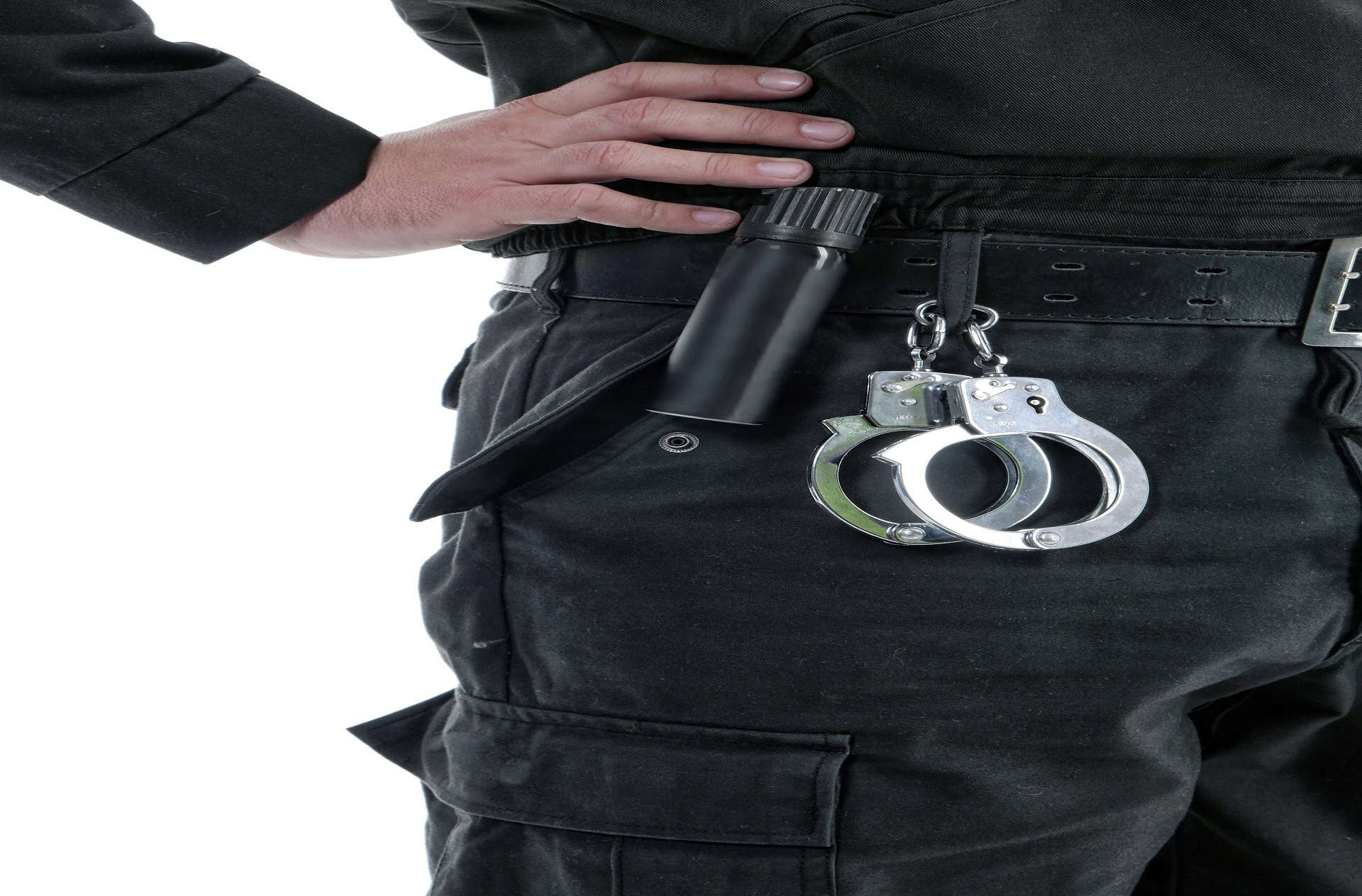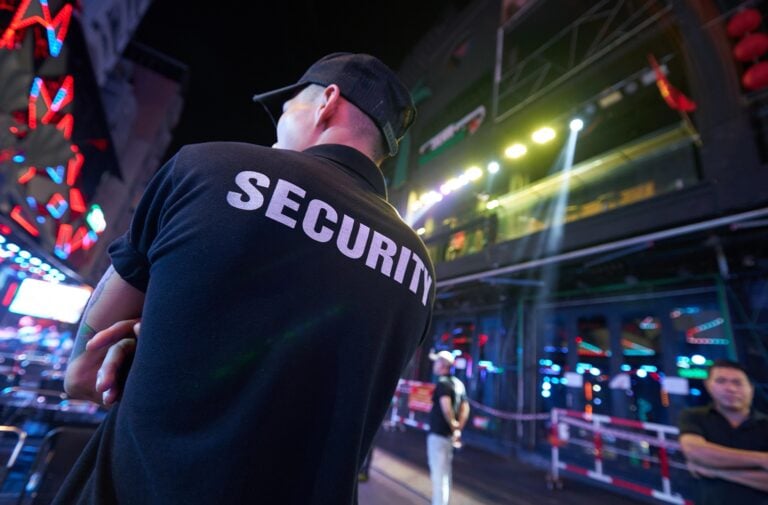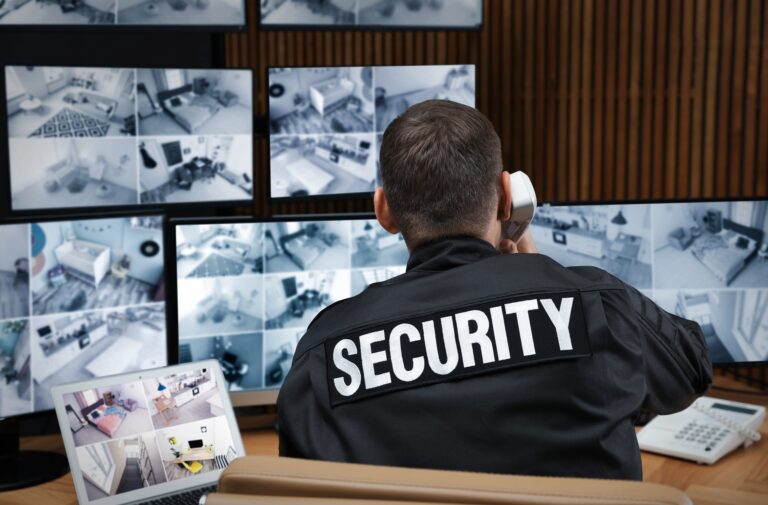Ethical Considerations in the Use of Force for Ontario Security Guards
Last Updated on Aug 25, 2025
Introduction
Security guards in Ontario play a vital role in keeping people, businesses, and property safe. At times, this responsibility may involve the use of force—to protect themselves or others, prevent crimes, or apprehend offenders. However, force must always be applied responsibly, within legal and ethical boundaries.
For security professionals in Ontario, understanding how to balance safety, professionalism, and respect for human rights is essential. This article explores the ethical considerations, legal frameworks, and best practices surrounding the use of force under Ontario’s Private Security and Investigative Services Act (PSISA) and the Criminal Code of Canada.
Understanding the Use of Force in Ontario Security
The term use of force refers to the level of force necessary to compel compliance from an individual. For Ontario security guards, this authority is limited and regulated by the PSISA, which governs licensing, conduct, and training standards.
In addition to PSISA, the Criminal Code of Canada outlines when force may be legally justified—such as in self-defence, defence of others, or protection of property. Together, these laws ensure that security guards in Ontario operate within clear legal and ethical limits.
Because security guards often make split-second decisions, strong knowledge of these frameworks, combined with ethical judgment, helps ensure that every action taken is justified, proportionate, and professional.
Key Ethical Principles for Security Guards
1. Proportionality
The force used must match the level of threat. For example, using physical strikes against a non-violent shoplifter would be excessive. Instead, verbal direction or soft control techniques would be more appropriate. Proportional responses reduce risk, prevent escalation, and protect both the subject and the guard.
2. Necessity
Force should only be used when absolutely required. Whenever possible, security guards in Ontario should rely on de-escalation techniques and communication before resorting to physical intervention.
3. Respect for Human Rights
Even when force is required, security guards must respect the dignity of individuals. Actions should align with the Ontario Human Rights Code and the Canadian Charter of Rights and Freedoms, ensuring minimal intrusion and maintaining public trust in private security services.
Ontario’s Legal Framework
The Private Security and Investigative Services Act (PSISA)
The PSISA governs Ontario’s private security industry, establishing clear rules on authority, training, and conduct. Key provisions include:
- Authorization & Limitations – Guards may use force only when necessary and reasonable. Excessive force is strictly prohibited.
- Training – Mandatory training ensures guards are skilled in de-escalation, situational awareness, and safe intervention.
- Reporting – All use-of-force incidents must be reported in detail to employers and, where necessary, law enforcement.
The Criminal Code of Canada
Relevant sections that apply to Ontario security guards include:
- s.25 – Authority to use reasonable force while performing lawful duties.
- s.26 – Accountability for excessive or unjustified force.
- s.27 – Force permitted to prevent the commission of an offence.
- s.34–35 – Force allowed in defence of self, others, or property.
Ethical Decision-Making in Practice
Making the right decision in high-pressure situations requires training, awareness, and ethical reflection. Guards should:
- Assess the threat – Observe behaviour, environment, and risks.
- Consider alternatives – Attempt verbal warnings, communication, or calling for backup before using force.
- Reflect on standards – Ensure actions align with PSISA, company policies, and ethical guidelines.
Examples
- Trespasser refusing to leave – Exhaust communication strategies before resorting to physical removal.
- Retail theft in progress – Assess risk before intervening; prioritize safety and consider reporting to law enforcement rather than immediate physical action.
Training and Professional Development
Security guards in Ontario must be trained not only in the legal use of force but also in conflict de-escalation, situational awareness, and ethical decision-making.
Our Use of Force and Handcuffing Course is designed for Ontario security guards seeking to build confidence and professionalism. This training covers:
- De-escalation strategies
- Proportional and necessary use of force
- Legal frameworks under PSISA and the Criminal Code
- Documentation and reporting requirements
Conclusion
For Ontario security guards, ethical use of force is about more than compliance—it’s about professionalism, safety, and trust. By following the principles of proportionality, necessity, and respect for human rights, security professionals can make sound decisions that protect people while upholding the standards of the industry.
👉 Ready to strengthen your skills? Enroll in our Ontario Use of Force and Handcuffing Training and ensure you are prepared to act ethically, legally, and effectively in any situation.



